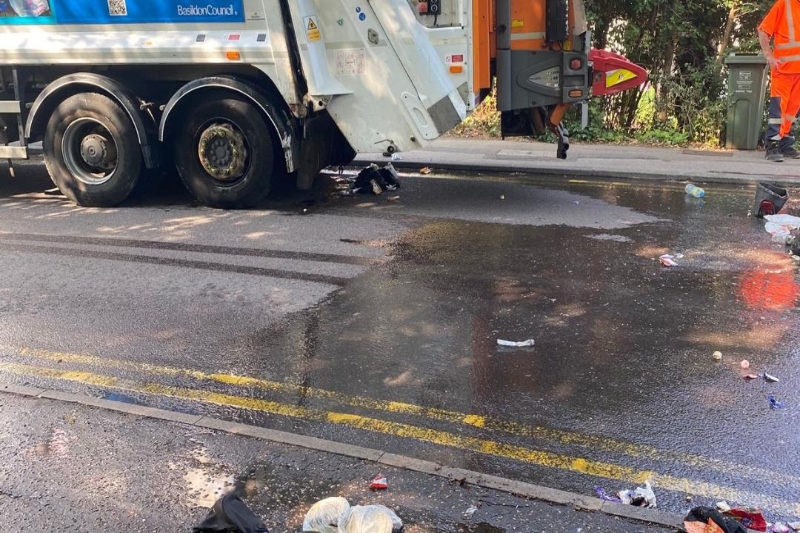BCP Council (Bournemouth, Christchurch and Poole Council) has embraced new digital mapping and route navigation technologies to increase the efficiency of its winter maintenance service by using Exactrak's Navtrak and Map-a-Route solutions to optimise winter maintenance route planning and route efficiencies and keep spreader drivers safe.
The winter months are notoriously challenging in the UK, with snow and icy conditions making it harder for people to travel. Winter maintenance routes need to be salted to allow for safe travel and to avoid accidents, however effective route planning can be a complicated task for local authorities.
Route planning software, Map-a-Route, enables BCP Council to generate and amend winter maintenance routes in minutes, as well as pre-determining salt levels. While Navtrak route navigation software guides spreader drivers round winter routes, automatically distributing salt against the planned routes.
Digital route planning
With five primary spreading routes covering over 500km of roads, winter maintenance route planning for BCP Council is a key task. The council customarily used paper maps and written instructions for each route, but these took hours to produce and didn't account for any last-minute changes such as road works or disruptions, which are common in winter months. Paper maps were also proving inflexible when it came to managing human resource and the council was relying on the same drivers to drive the same routes time and time again.
The council adopted Map-a-Route in 2018 and now store and manage its winter maintenance routes within the software's online portal. Not only has this allowed the council to amend routes within minutes and instantly feed them into the spreading fleet, but they have used the quick turnaround time as an opportunity to work closely with spreader drivers to fine-tune routes for the 2019 winter maintenance season.
Once a route is uploaded into the vehicle's control system, Exactrak's in-cab route navigation system leads the driver round the correct roads, enabling any driver to simply drive any network with no prior knowledge. While automated-salting technology distributes pre-determined levels of salt, automatically adjusting the spread width and asymmetry as it progresses around the route.
Due diligence
While the spreaders are out on the road, back at the depot each journey is tracked in real-time, as well as the amount of salt distributed and where. The system alerts administrators if there is an exception to a route, for example, if a section of road has been missed. It also alerts the driver at the same time, to enable them to return and spread the missing section of the network, ensuring the full coverage of BCP Council's routes.
In the case of a road accident, a worst-case-scenario for any local authority, vehicle tracking data can be used to prove the route has been salted and if the salt spread has followed best practice guidelines against the defined route and the temperature on that day.
Driving efficiencies
Map-a-Route's toolbox function calculates the time and distance of each route to determine the amount of salt needed, ensuring spreaders will have enough salt to be able to complete each route. Not only is this a benefit at individual route level, but the data also enables the council to forecast and manage salt stocks for the entire winter maintenance season.
Simon Legg, Street Scene Manager for BCP Council commented: ‘Map-a-Route has made our service far more efficient, it's allowed us to provide a far better-quality service to our residents and visitors to the town.'







